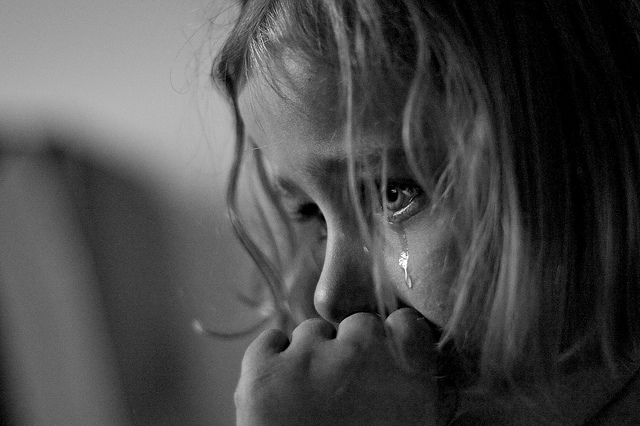Why You SHOULD Get your Hopes Up
I’ve been doing this new thing where I allow myself to get my hopes up. I talked about it recently on Storyline and you should read that post first in order to fully understand this one. The problem with allowing myself to get my hopes up means I’m allowing myself to get disappointed. The problem with getting disappointed is that I feel disappointed, and the problem with feeling disappointed is that it doesn’t feel good.
Think about it, the last time you felt genuine disappointment. You had hoped something would happen and it didn’t. For me, now that I’m allowing this disappointment thing into my life, I’ve noticed that I’ll feel it in my whole body. I walk around a little slower, I actually “hang my head.” I reach for a cup in the cabinet at a glacial pace, fill it up with water, slink back to my couch, slip slowly. It doesn’t even taste good.
As I said in the Storyline post, Dr. Brene Brown talks about how living with disappointment is easier than feeling disappointment. I get this now. Because when I lived in it, I did not have the high of hope to come off of. There was less distance to fall. Now, I feel it when I hit the ground. But as hard as it hurts, I know that what I’m gaining is future joy. Because we can not selectively feel emotions, says Brown. When we numb disappointment, we numb joy. But when we feel disappointment, we feel joy.
So that leaves us with the question of what to do when we are feeling the disappointment as we sit on the couch with the cold glass of water that took us 8 minutes to fill up. This is what I’m figuring out now and I think the answer is to press in. Don’t shove the emotion away and pretend it’s not there. Allow yourself to feel it. Kind of like grieving. Maybe exactly like grieving.
The pain of disappointment is real and deep no matter how petty the circumstance may seem. I once ran up to my room crying when I was in high school because I had just discovered I had been wait-listed at a college I didn’t even want to go to in the first place. It’s just a real reaction and pressing in allows us to feel it, and somewhere deep down you know you’ve felt it before and it doesn’t last forever. It’s like a toddler. A two-year-old reacts dramatically when disappointed with tears and cries, but 30 minutes later he’s bounced back and happy again. Maybe the kids have it right.
We forget how buoyant we are. We forget that we’ll wake up, maybe tomorrow, and the joy will have crept back in.


After spending some time numbing myself towards certain situations and disappointments, this is an incredibly refreshing truth. I love that you incorporated Brene Brown’s studies, her research has also allowed me to look at the world and myself in a much more real way. The idea of getting your hopes up instead of expecting disappointment has definitely changed the way I look at a lot of things. Thank you.
Oh wow! What a twist on the typical perspective we have on the negative events in our lives. We always try so hard to tip-toe through life that we forget that it’s when we are at our darkest we need God the most. Disappointments grow us and refine us. Thank you so much for opening up this new perspective!!
Wow, I needed to read this. I’ve been so hurt by my husband and family in the past few years that I’ve cut off almost all emotions toward them. And now that my husband is pressing into God, I’m still having a hard time trusting him and following him. I’ve hardened my heart so much and realize now that I need to open up to being vulnerable again.
I can’t begin to tell you how challenging your writing around hope has been to me. I have had a very complicated relationship with hope because of precisely these feelings you are describing and the fear of having hope disappointed. It is extremely encouraging to know that I am not the only one to feel or think in this way and that this is not a solitary journey but that there are other brave individuals out there trying to find a way to experience their emotions and not just survive them.